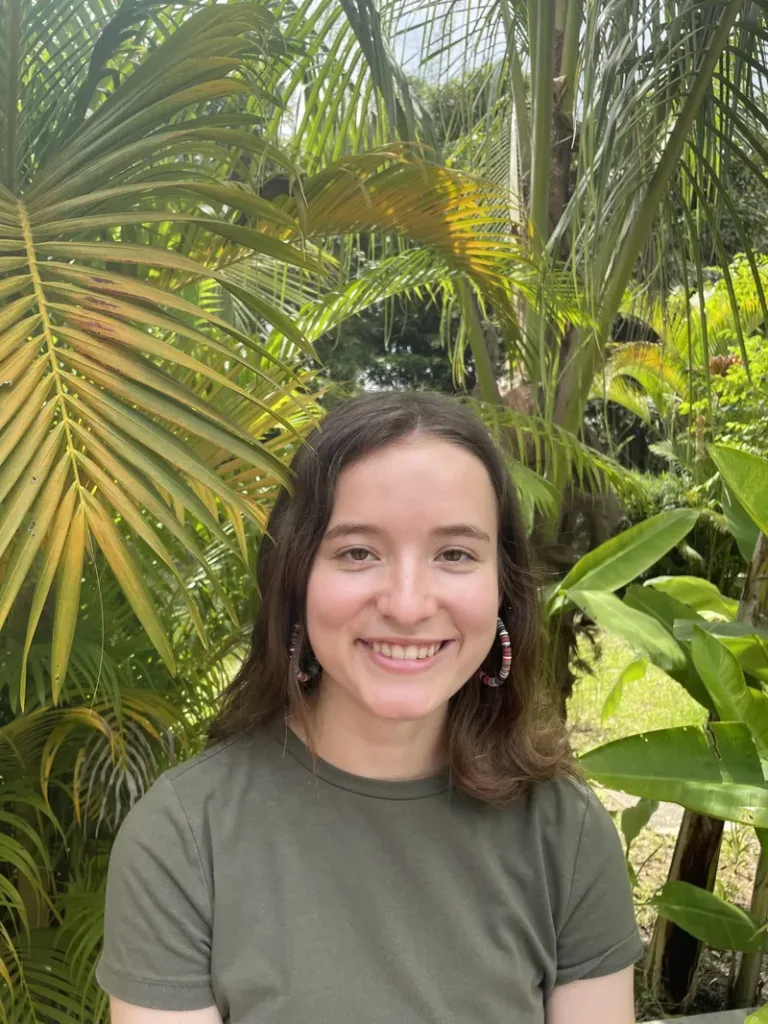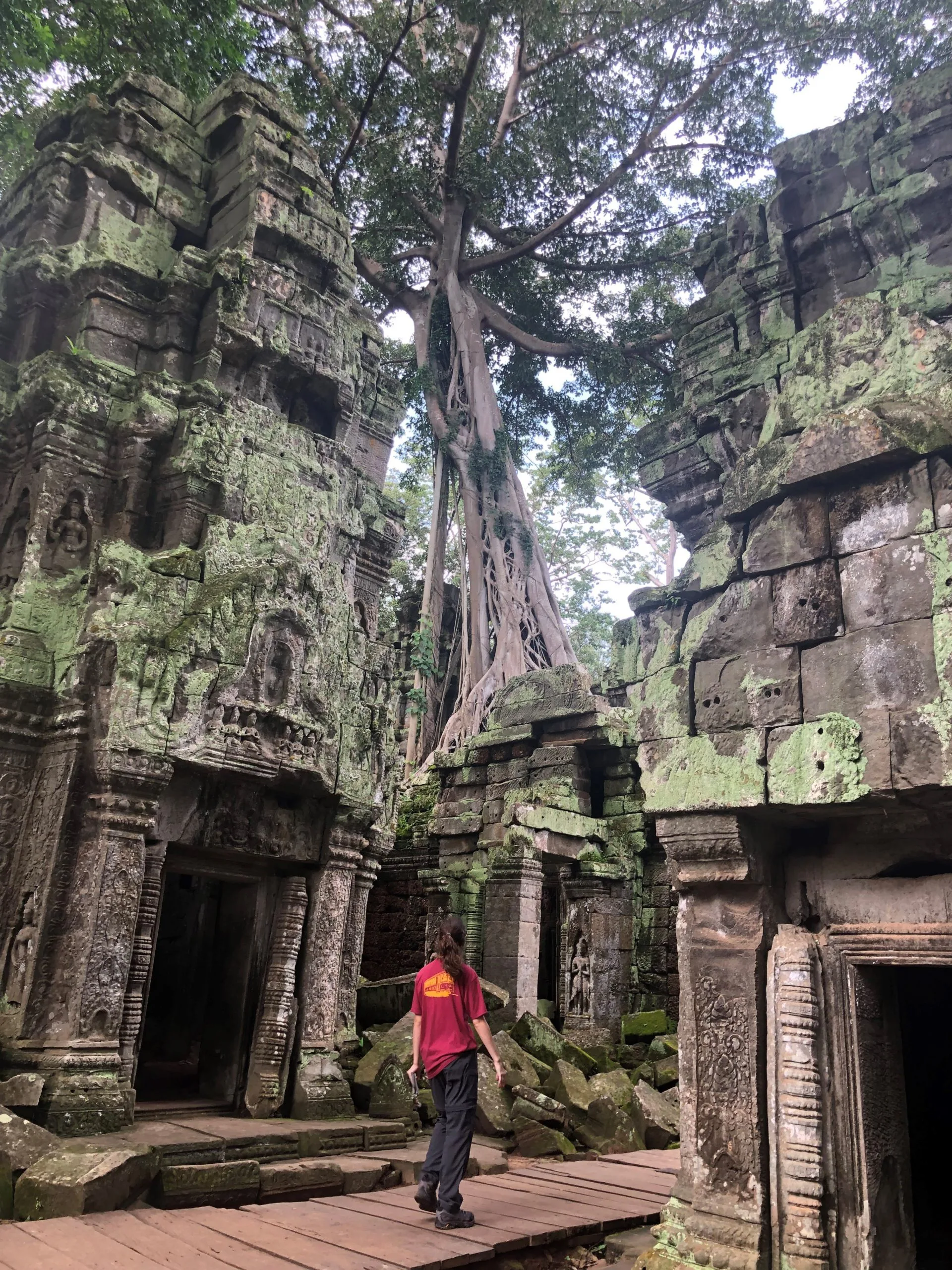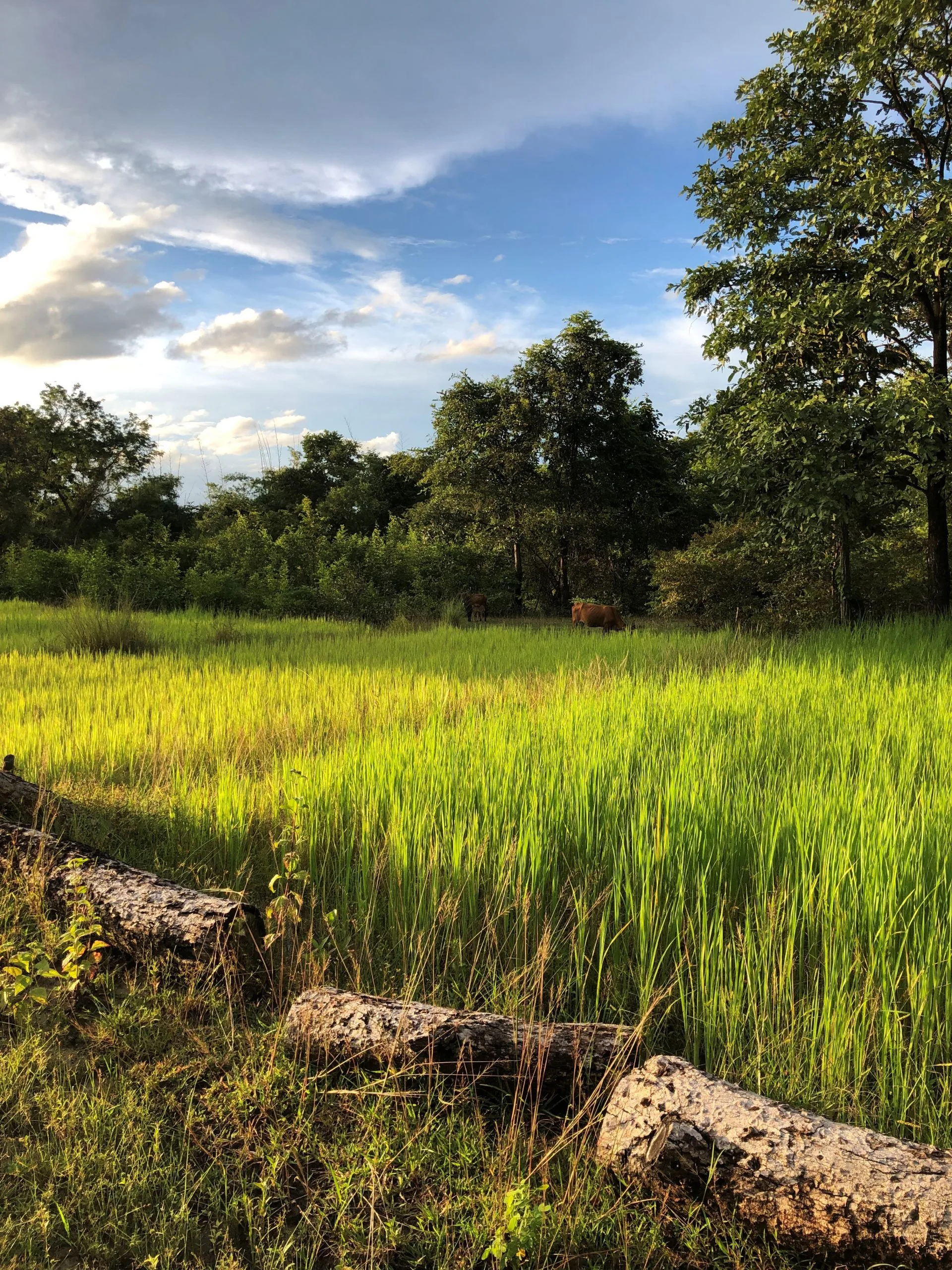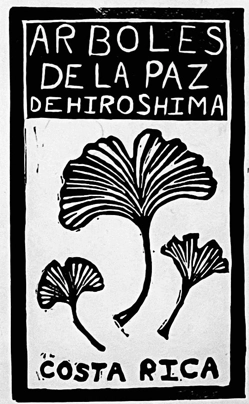
By: Zoe Friese
Traveling Responsibly in Cambodia: Tourism, Colonialism, and Justice

(Student, Zoe Friese, visiting Ta Prohm temple, an ancient Buddhist monastery and popular stop for international visitors. Photo credit: Peaches, Ministry of Tourism guide).
Choose the places you stay and travel to carefully, keeping in mind ways to direct money towards local people…
During our semester at SFS Cambodia, my classmates and I have learned about the impact of tourism on the country’s economy, livelihoods, and environment. With over six million international tourists visiting Cambodia in 2019, one can easily imagine how tourists shape the daily lives and opportunities of local people, particularly in our host city, Siem Reap. As the tourism center of Cambodia, Siem Reap boasts convenient access to the Angkor temples—an iconic symbol of Cambodian nationality and a primary attraction of foreign visitors—just a 15-minute tuktuk ride away. In this city, we can see the role of tourist dollars, and the sudden changes brought by the Covid-19 pandemic, up close.
Yet, we must also analyze how tourism, in addition to an important source of income, can be problematic in its both ecological and cultural impacts. Firstly, masses of tourists have brought sudden, intense pressure on local resources and waste management systems, sometimes causing acute ecological damage and increasing demand for logging and land clearing (Gaughen et. al., 2008). Heavily trafficked sites like Phnom Kulen, according to local interviews, primarily blame tourists for the unmanageable buildup of plastic waste. From a cultural lens, tourist guidebooks will simplify Cambodia’s complex society and history into narrow, marketable labels like “authentic,” “affordable,” and “tragic,” appealing to Western fantasies of exotic discovery rooted in colonialism (Tegelberg, 2010). Further, an emphasis on the glory of the ancient Angkor temples, with minimal regard for current Khmer cultural practices, suggests that modern Cambodians have somehow lost their previously high culture—a harmful narrative sparked by the French protectorate (Tegelberg, 2010). Even the economic benefit of tourism, which made up 10 percent of GDP growth in 2019, is shared too little with ordinary Cambodians (Komar, 2021). For every tourism dollar spent, locals only receive 20 cents of revenue, most funds are hoarded by airlines, large-scale resorts and hotels, and tour companies (Tegelberg, 2010).
The destructive nature of tourism follows neocolonial trends seen in many other industries, where non-Western countries remain in an economically and politically subservient position to the West, having little choice but to participate in disadvantageous trade relationships and sacrifice natural resources for little material benefit. These relationships mimic the role of colonies in Western empires, producing cheap raw materials with low-paid or slave labor to enrich manufacturing centers of the West. Is tourism yet another commodity that wealthy colonial powers extract from places like Cambodia, underpaying local people for a product’s value and perpetuating their low position in the global pecking order?
Many have tried to address this inherently problematic reality with strategies like ecotourism, emphasizing socially responsible, sustainable strategies for engaging tourists with nature and conservation. Community-based ecotourism (CBET) sites are also growing in numbers, with over 56 projects throughout Cambodia today (Komar, 2021). CBET aims to directly involve local stakeholders in projects, rather than merely NGOs and expatriates, and empower these stakeholders with decision-making and leadership roles. However, after visiting numerous ecotourism and CBET sites in Northern and Eastern Cambodia, we have found very few to be both economically viable and socially just. The limited flow of visitors post-pandemic has caused several sites to make virtually no income in the last two years. Other projects have land conflicts with local communities, who often feel robbed of the occupied land or unsatisfied with the benefits of ecotourism schemes. Even the concept of CBET is inherently flawed, as it presumes that locals must rely on NGO presence and expertise to be “empowered” into leadership, rather than being capable of organizing on their own. In short, ecotourism and CBET are far from perfect solutions to the problem.

(Rice fields and surrounding landscape at Koh Pdao village, a community-based ecotourism site in Kratié Province. Photo Credit: Zoe Friese).
So, what is the solution then? If we knew, I wouldn’t be writing this blog post, and Cambodian tourism would be a much more just, equitable industry. There is no easy way to rid tourism of its colonial entanglements. This reality complicates a tourist’s ability to travel responsibly—is the most responsible thing to simply stay at home? Surely, this cannot be the case.
I believe that as individuals, we can take steps to ensure that we avoid the trap of colonial fantasies and resource exploitation while abroad. First, honestly assess your reasons for traveling abroad. Are you ready to meaningfully engage in a cultural exchange with local people, learning about nuanced histories and difficult political problems? Think about your previously held assumptions of Cambodia and what may have influenced those assumptions — what attracts you there, and why? In addition, choose the places you stay and travel to carefully, keeping in mind ways to direct money towards local people instead of multinational corporations. Finally, monitor your environmental footprint, and reduce waste where you can. When done right, tourism can expand our worldviews, facilitate cross-cultural understandings, and inspire meaningful change. But it requires moving beyond your typical guidebooks and tourist attractions towards critical thinking, openminded discourse, and awareness of your role in communities.
References
Gaughan, A. E., Binford, M.W., & Southworth, J. (2008). Tourism, forest conversion, and land transformations in the Angkor basin, Cambodia. Applied Geography, 29(2), 212- 223.
Komar, K., Pichdara, L., & Sodavy, N. (2021, September). Natural Resource Governance: Challenges and Potentials of Community-Based Ecotourism in Livelihood Improvement: A Case Study of Preah Nimith CBET, Cambodia. Cambodia Development Resource Institute.
Tegelberg, M. (2010). Hidden sights: Tourism, representation and Lonely Planet Cambodia. International Journal of Cultural Studies, 13, 491-509.
_______
Want to read more about our SFS Cambodia Center? Click here to learn why we’re based there, our environmental research focus, how we connect and support the local community.
Related Posts

Trees of Peace from Hiroshima: A Time Traveler and Emissary of Hope

Restoration on a Cinder Cone: A Syntropic Story
